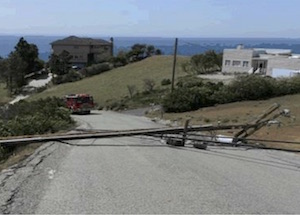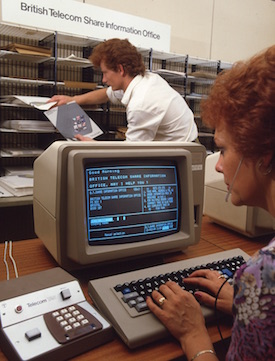Decisions this week on key California broadband bills

It all comes down to the wire.
With deadlines looming this week and next, broadband-related bills are queued up in Sacramento, awaiting decisions. The committee to watch is the assembly appropriations committee, which has to vote on a constitutional amendment to disband the California Public Utilities Commission and on AT&T’s attempt to get out of the rural wireline broadband and phone business.
AT&T’s copper killer bill – assembly bill 2395 – is scheduled for a vote on Wednesday, while the CPUC measure – assembly constitutional amendment 11 – is sitting in a stack of bills that might or might not come to a vote.… More







![By J.smith (Own work) [CC BY-SA 3.0 (https://creativecommons.org/licenses/by-sa/3.0)], via Wikimedia Commons](https://www.tellusventure.com/images/2016/5/sacramento_skyline.jpg)
![By Antoglonet (Own work) [CC BY-SA 3.0 (https://creativecommons.org/licenses/by-sa/3.0)], via Wikimedia Commons](https://www.tellusventure.com/images/2016/5/holy_hand_grenade.jpg)
